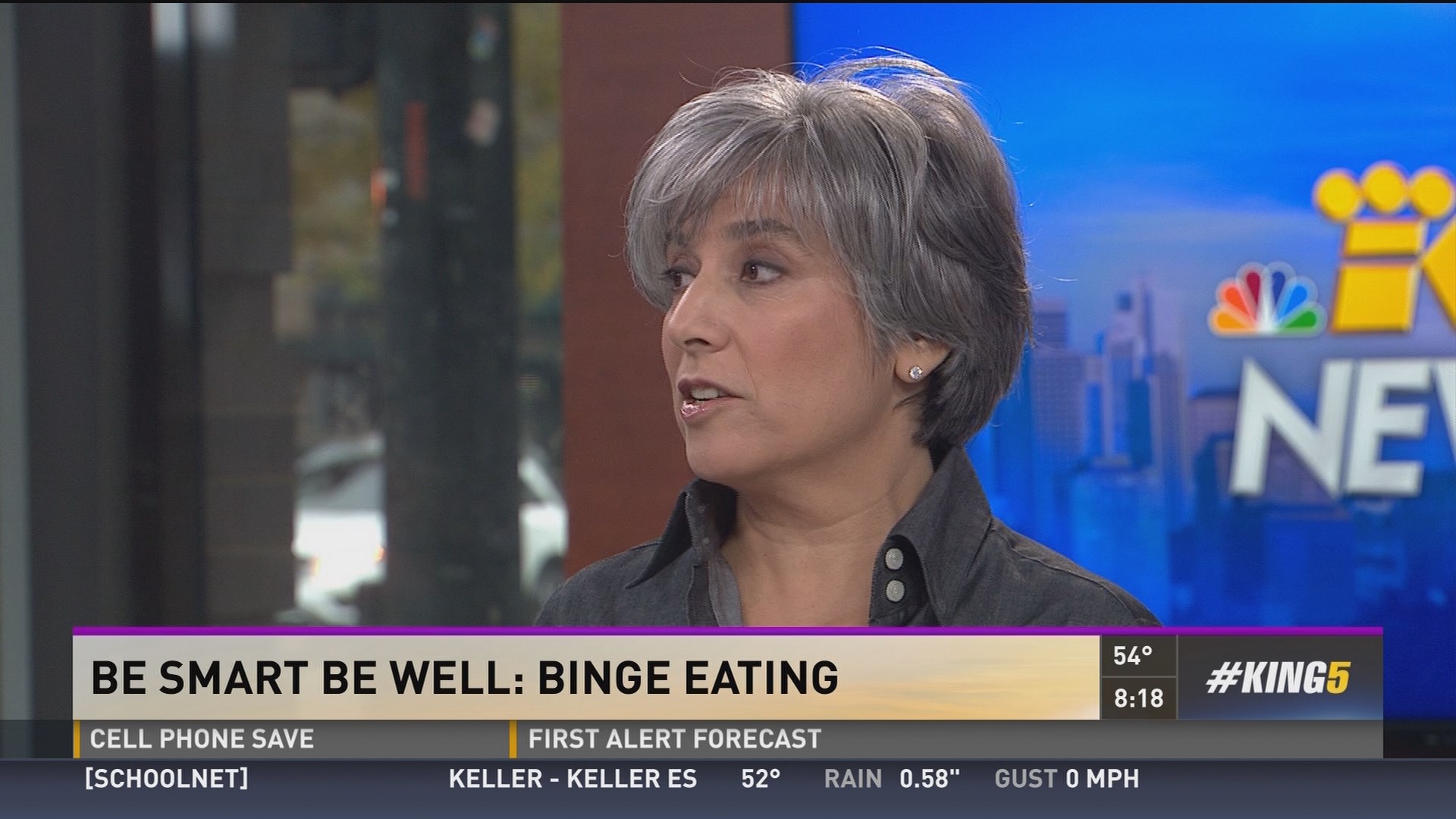Dr. Emily Cooper from the Diabesity Research Foundation and author of the Metabolic Storm talks about Binge eating, which affects so many people but is not often discussed.
A: DR COOPER: Binge Eating Disorder is considered a psychiatric diagnosis defined as “recurring episodes of eating a large amount of food in a short period of time, marked by feelings of lack of control, guilt, shame and embarrassment”. It is considered a Psychiatric diagnosis, but, there are actually powerful Biological reasons that people can feel out of control when it comes to eating.
Q: JOYCE: We do hear that binge eating is caused by depression or anxiety and that it’s psychological, but you are saying that physical reasons could be the cause?
A: DR COOPER: How could someone can eat a whole pizza and still not feel satisfied? Why would someone be so hungry they can eat until their stomach feels like it will burst? To understand the root cause, you need to know that metabolism is regulated by a complex feedback loop where the brain is the CEO and hormones are the messengers. When there is a glitch in this communication pathway starvation signals amplify. These chemical signals increase appetite, impair satiety and slow down metabolism to force the body to gain weight for protection.
Normal satiety is not just felt in the stomach, it is sensed by the brain, which sends signals that the body is nourished enough to stop eating. So, when the metabolism is impaired these signals fail to work properly. So binge eating is primarily driven by biology, rather than psychology.
Q: JOYCE: Diets are so popular, but what is the impact of dieting on this condition?
A: DR COOPER: Deprivation diets, psychiatric medications and behavioral therapy are often recommended to help control food intake. But, these diets and certain psychiatric medications can impair the metabolism even further, exacerbating the underlying problem. And while intuitive eating is something people with a normal metabolism do all the time, if you have faulty appetite receptors, your intuition will tell you to keep eating. Trying to override a behavior that’s driven by a chemical problem doesn’t fix the root cause.
Q: JOYCE: What should people do if they have this problem?
A: DR COOPER: Although it seems counterintuitive the best approach is to eat regularly from all food groups, consistently on a schedule throughout the day. Do not skip meals, deprive yourself or make food rules. Make sure to fuel exercise and get adequate sleep. And get a medical work-up to check for an underlying hormonal or blood sugar imbalances. There are actually many new medications available to treat metabolic dysfunction, so check with your doctor.

